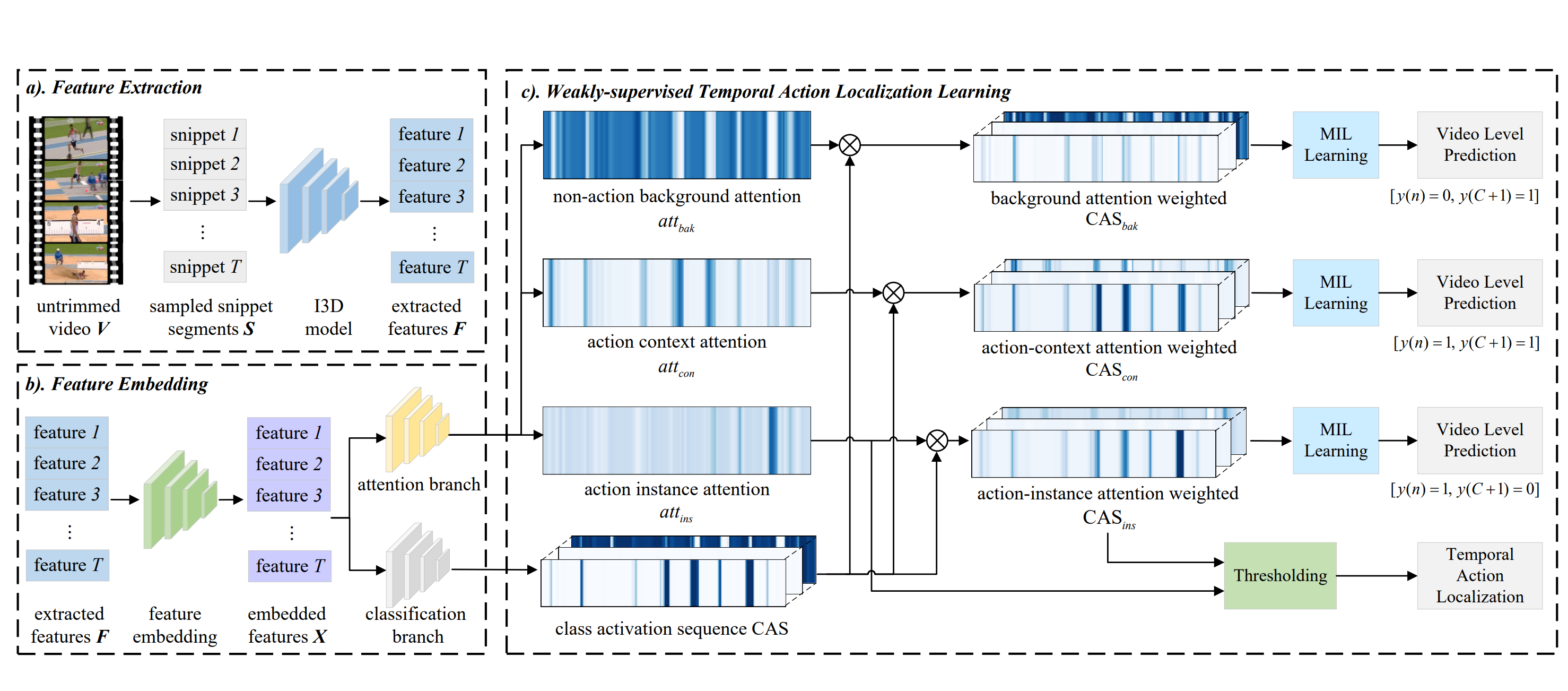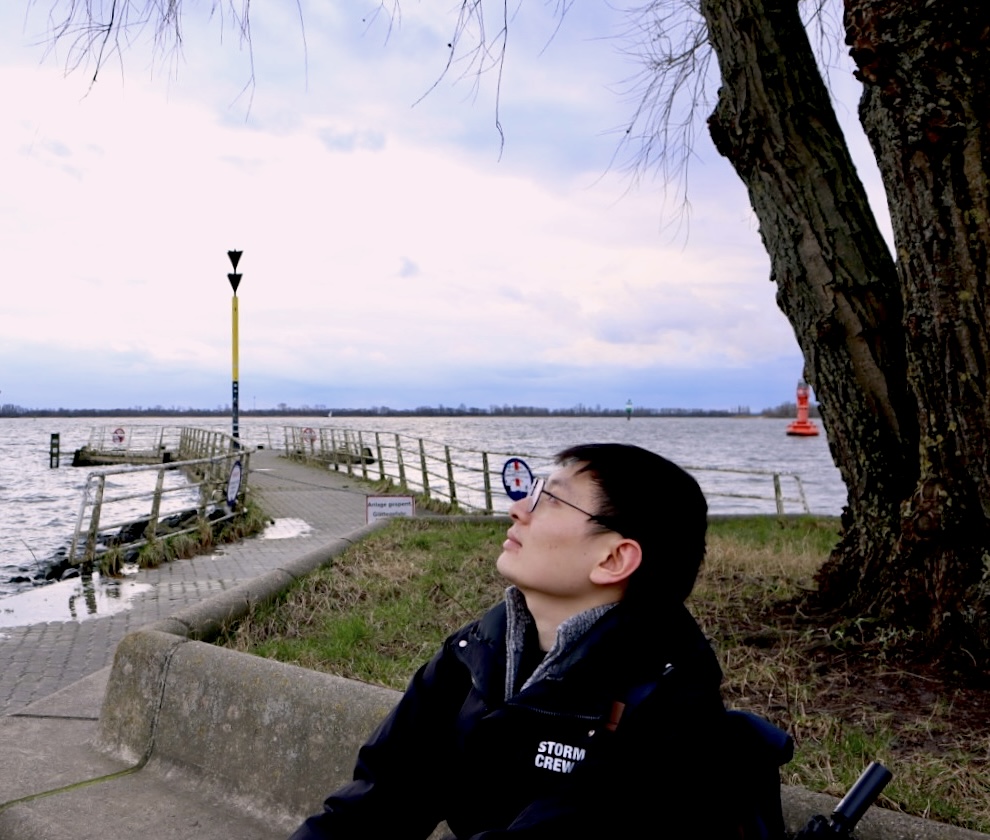
About
Hi there, I am currently a postdoctoral researcher at Tongji University, jointly supervised by Prof. Guang Chen and Prof. Changjun Jiang. I earned my Ph.D. from Tongji University in 2024.
My research focuses on transfer learning and its applications in Embodied AI and AI4Science. I am particularly interested in developing robust and efficient algorithms for pattern recognition and their applications in computer vision, robotics, and drug discovery.
I am open to new opportunities and collaborations. If you are interested in my research, please feel free to contact me.
Recent News
2025-07
Our work GLC++, a substantial extension to GLC (CVPR 2023), is accepted by IEEE TPAMI.
2025-03
Our work RCP-Bench, a benchmark for evaluating robustness of collaborative perception, is accepted by CVPR 2025.
2025-01
Our work BMD-v2, a substantial extension to BMD (ECCV 2022), is accepted by IJCV.
2024-12
We won the first prize (1/226) in the 2nd Global AI Drug Development Algorithm Competition.
2024-07
Our work HGL on test-time domain adaptation for segmentation is accepted by ECCV 2024 (Oral).
2024-02
Our work LEAD on source-free universal domain adaptation is accepted by CVPR 2024.
Selected Publications
* indicates equal contribution
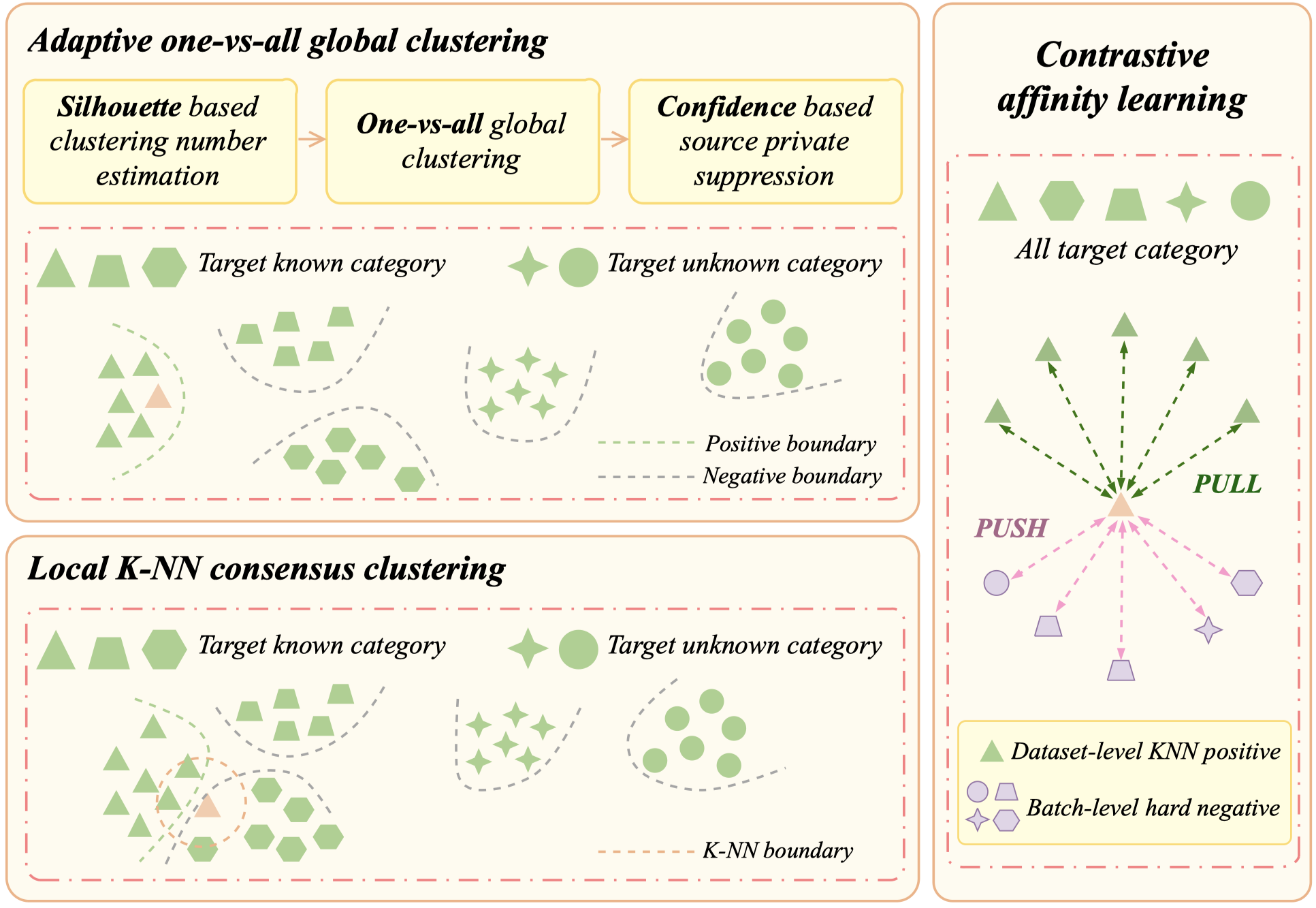
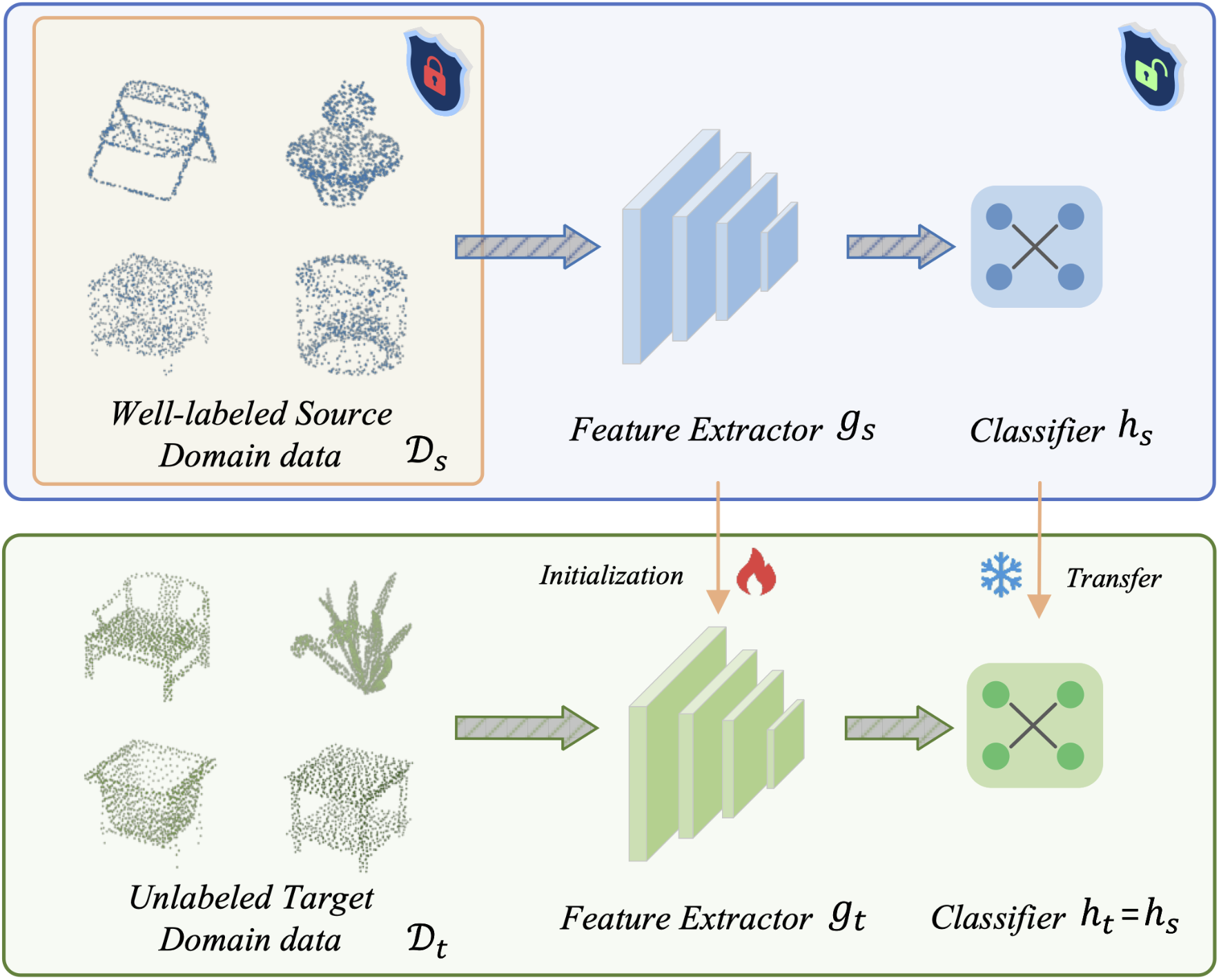
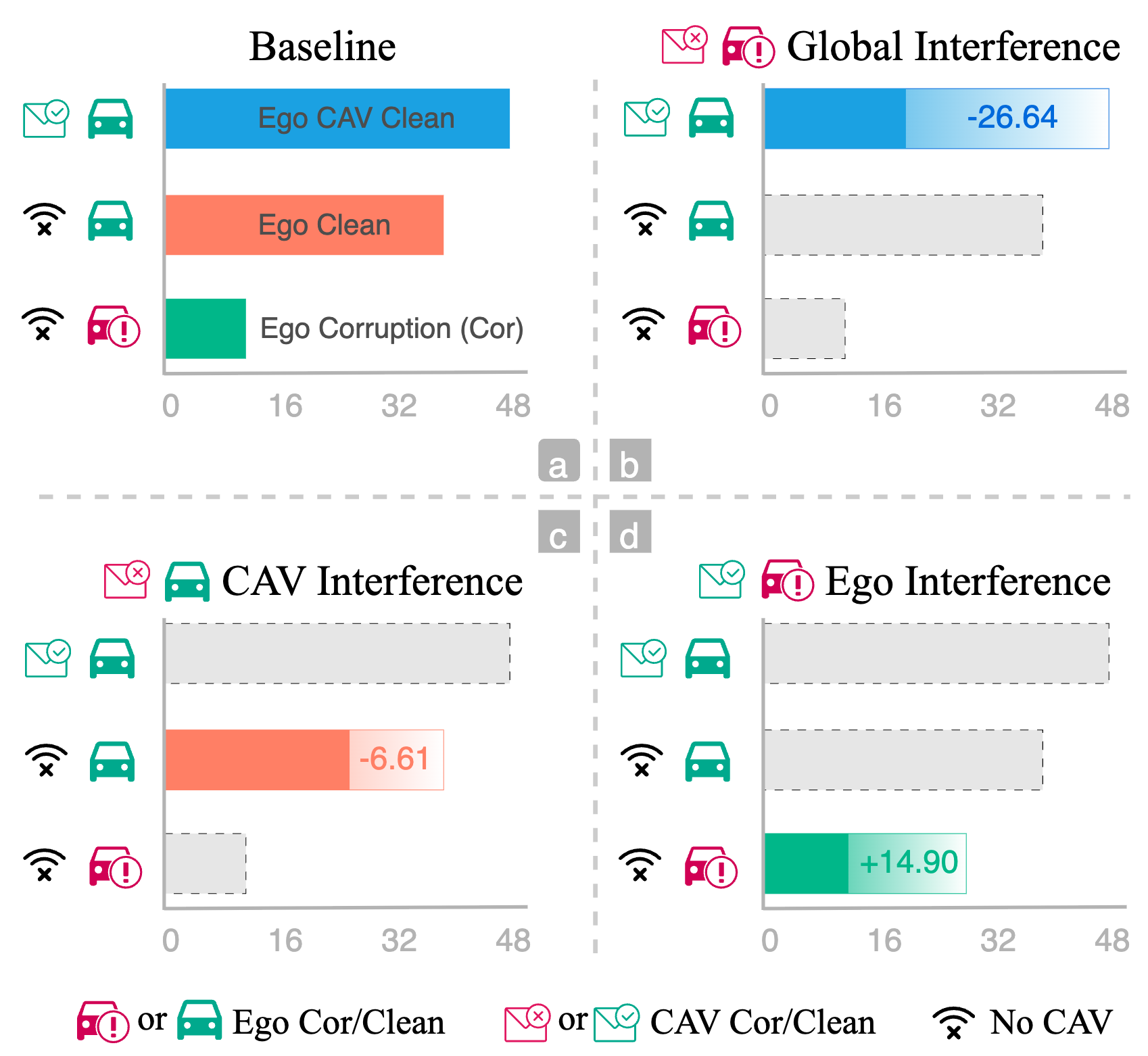
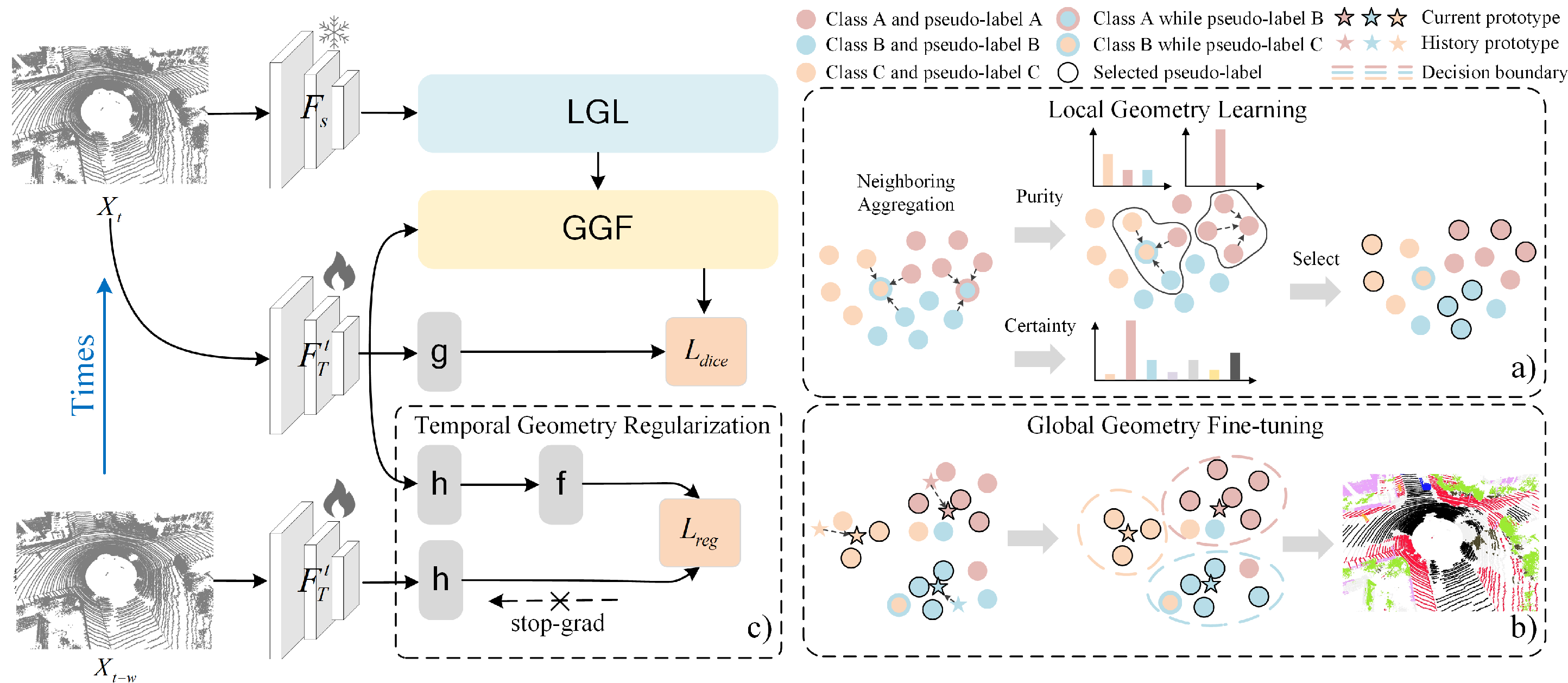
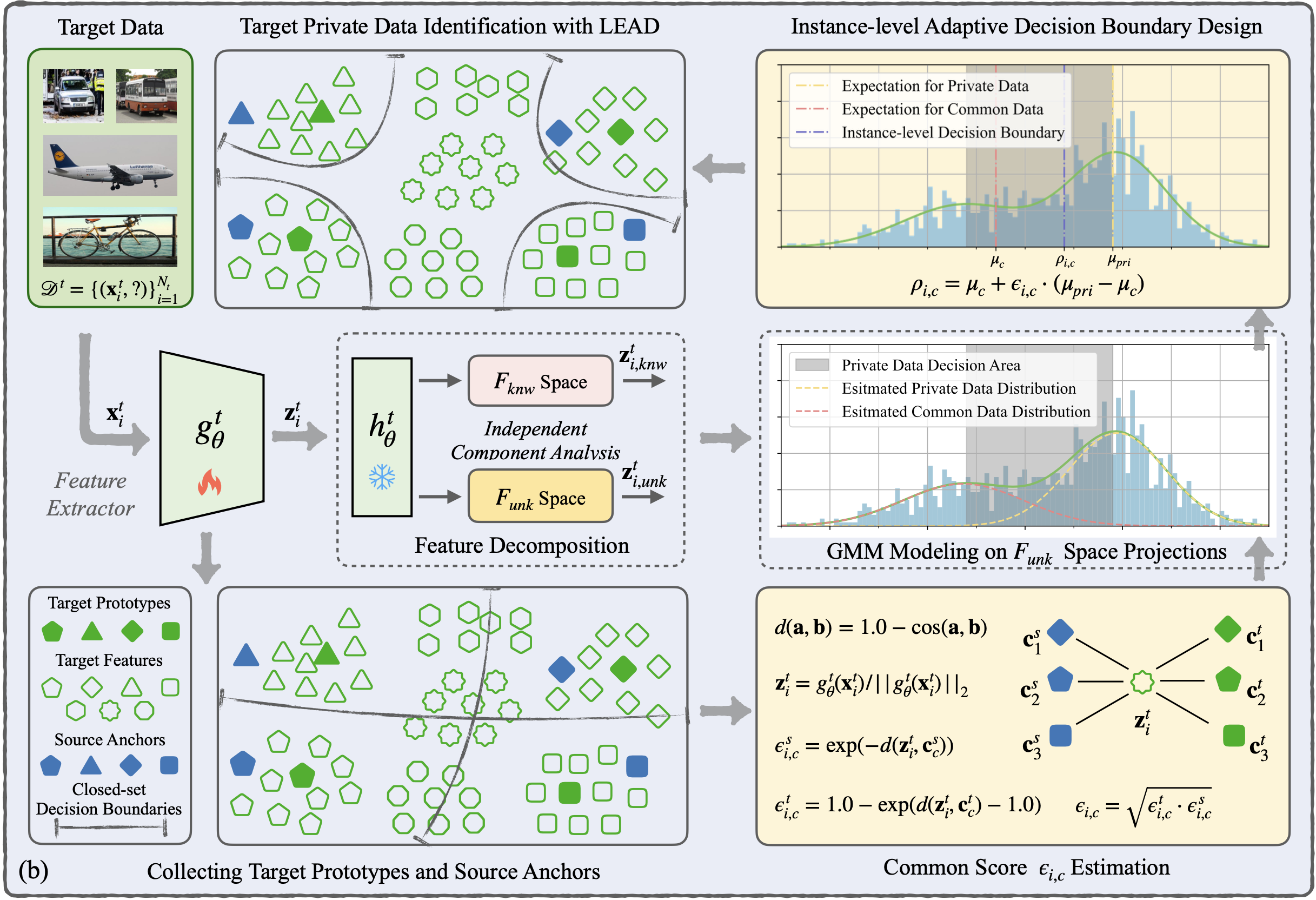

MAP: MAsk-Pruning for Source-Free Model Intellectual Property Protection
CVPR
IEEE/CVF Computer Vision and Pattern Recognition Conference (CVPR), 2024
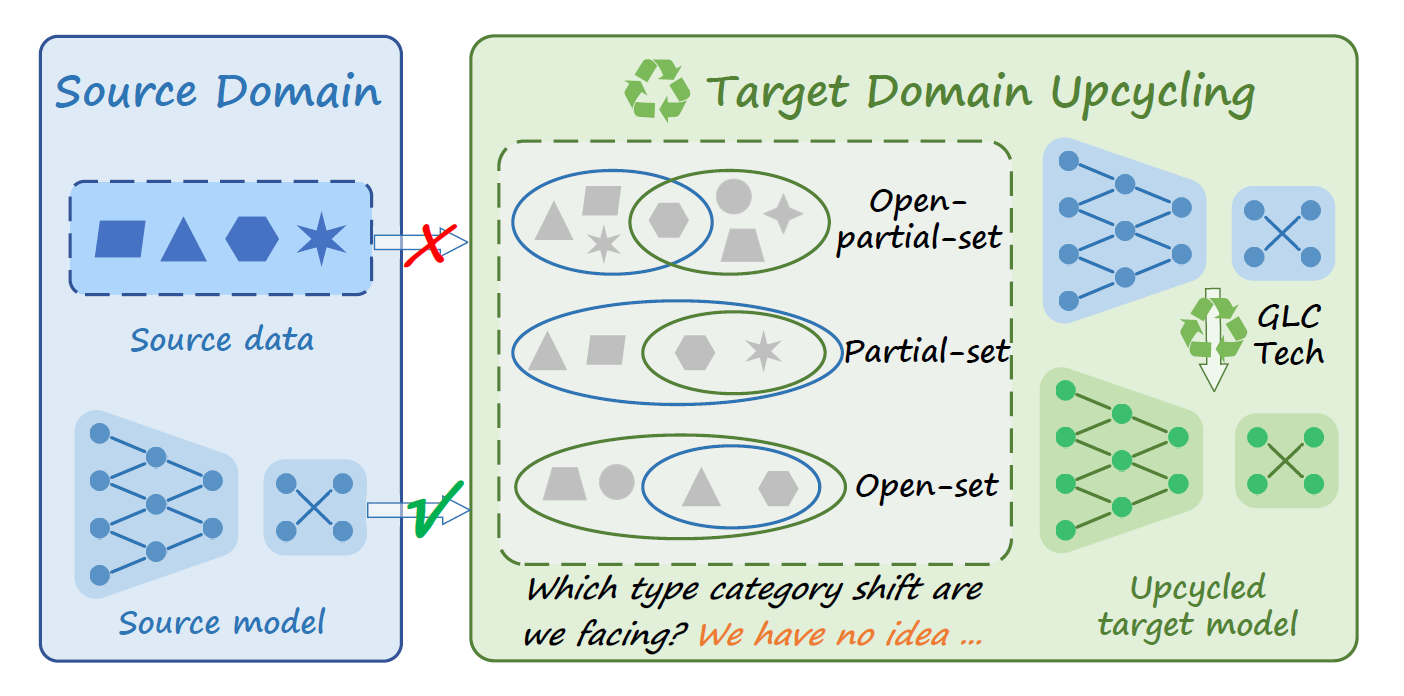
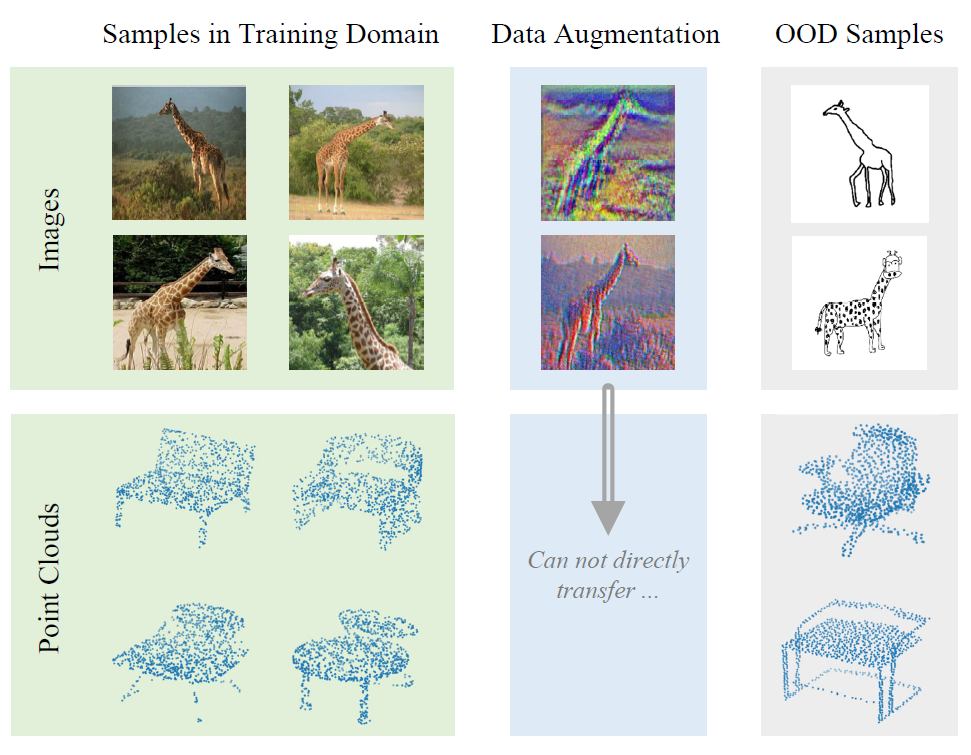
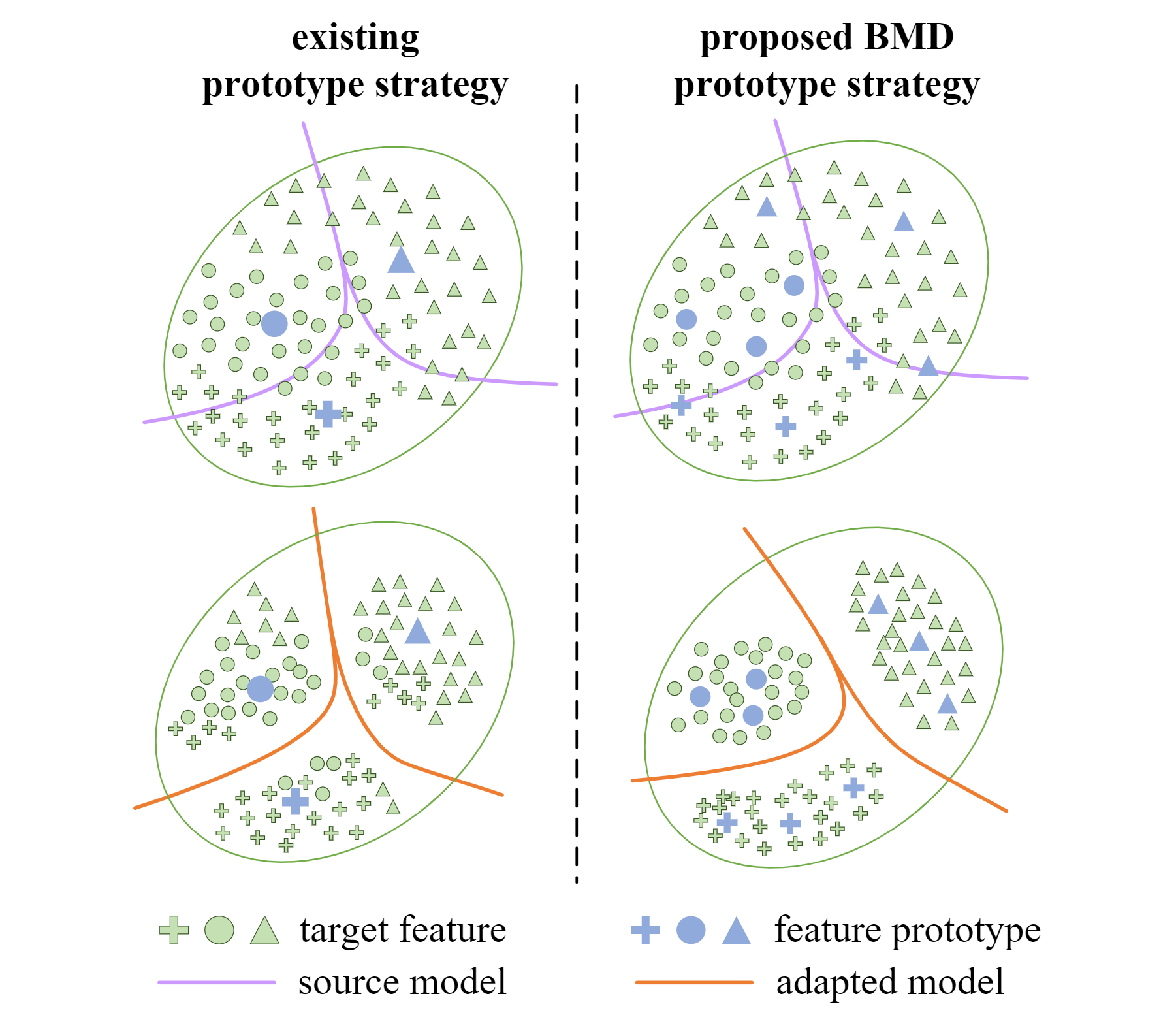
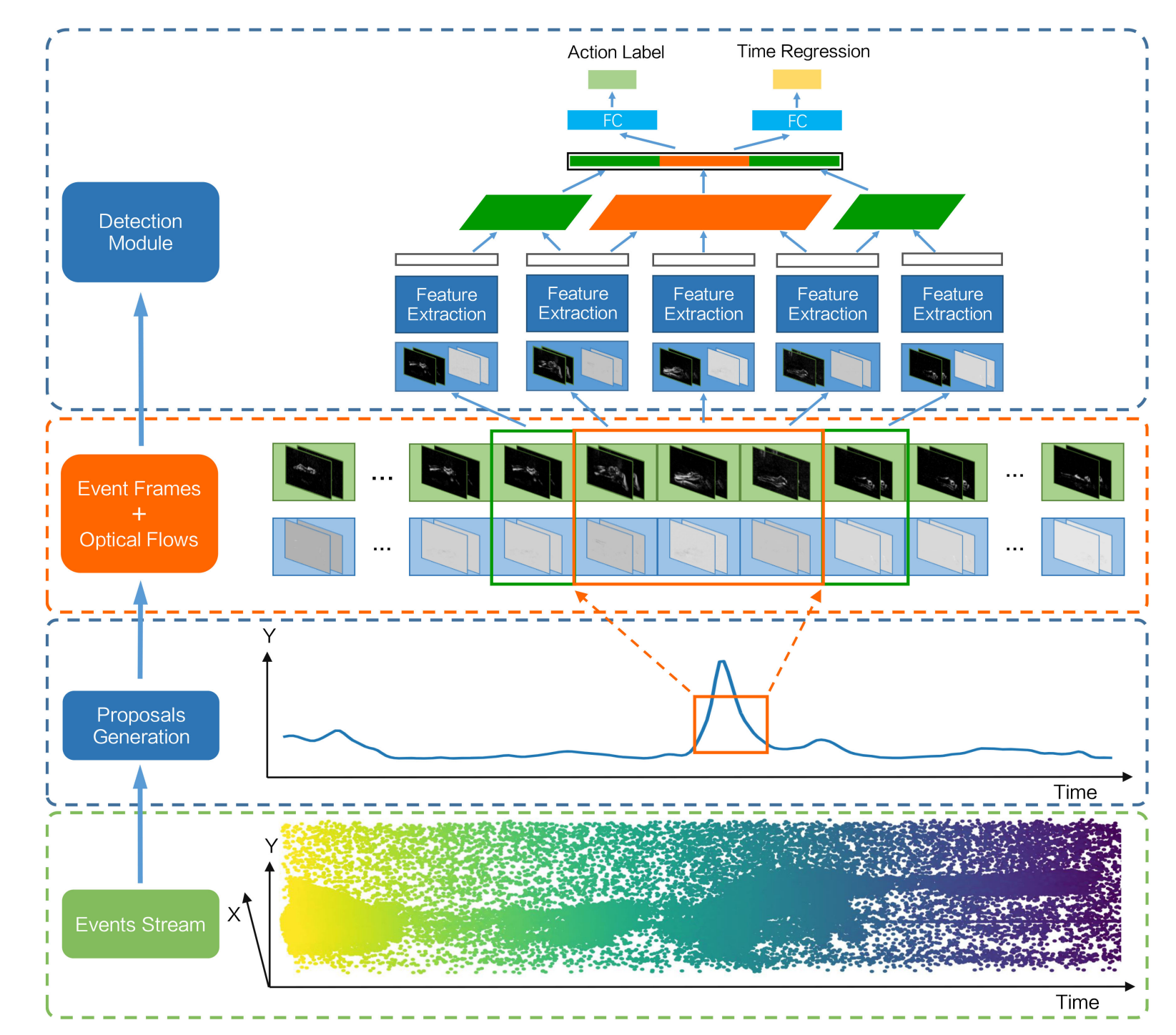
Neuromorphic Vision-based Fall Localization in Event Streams with Temporal–spatial Attention Weighted Network
T-CYB
IEEE Transactions on Cybernetics (T-CYB), 2022
Education & Experience
2024.12 - Present
Postdoctoral Researcher
Tongji University
Tongji University
2020.09 - 2024.11
Ph.D. in Automotive Engineering
Tongji University
Tongji University
2015.09 - 2020.07
B.S. in Automotive Engineering
Tongji University
Tongji University
Selected Honors & Awards
2025
Top Reviewer of NeurIPS 2025
2024
First Prize in the 2nd Global AI Drug Development Algorithm Competition (1/226)
2022, 2021
Outstanding Doctoral Student Scholarship, Tongji University
2020
Shanghai Outstanding Graduate
2019
BaoGang Scholarship (宝钢优秀学生奖学金 - 全国每年约500名)
Academic Services
Journal Reviewer
IEEE TPAMI, IJCV, IEEE TIP, IEEE TMM, IEEE TCSVT, IEEE RAL, ACM TOMM, ESWA, etc.
Conference Reviewer
CVPR, ICCV, ECCV, ICLR, NeurIPS, AAAI, WACV, ICRA, IROS, etc.
